Shoppers urged not to buy into dodgy Black Friday deals
Consumer watchdog says better prices can be had on most of the so-called bargain offers

A free daily email with the biggest news stories of the day – and the best features from TheWeek.com
You are now subscribed
Your newsletter sign-up was successful
More than 99% of products featured in Black Friday deals cost the same or even less at other times of the year, new research suggests.
An analysis by Which? of more than 200 deals in last year's sales bonanza found that UK shoppers are “almost guaranteed not to score the cheapest price of the year by buying on Black Friday”.
A total of 40% of the products “were cheaper than their Black Friday price at other times of the year”, according to the consumer watchdog, which looked at deals by retailers including Amazon.co.uk, AO.com, Argos, Currys, John Lewis and Richer Sounds. And all but 0.5% were the same price at other times in 2020.
The Week
Escape your echo chamber. Get the facts behind the news, plus analysis from multiple perspectives.

Sign up for The Week's Free Newsletters
From our morning news briefing to a weekly Good News Newsletter, get the best of The Week delivered directly to your inbox.
From our morning news briefing to a weekly Good News Newsletter, get the best of The Week delivered directly to your inbox.
Although the law requires discount prices to be “genuine”, companies can use loopholes to get around the requirement. Some compare the so-called discounted price to a higher price “that the same retailer has previously charged for that product, the recommended retail price of the product set by the manufacturer, or a price charged by a rival store for the same product”, Which? explained.
But the higher price may not be “the last price the product was sold at, because there have been other prices in between”. Or a deal may not be as good as it sounds “if, when the product was sold at the higher price, another type of discount such as a multibuy was also available”.
In addition to misleading deals, consumers are being warned about outright scams around Black Friday and Cyber Monday. A campaign to raise awareness around the sale of fake goods has been launched by the National Markets Group for IP Protection (NMG).
The Journal of Trading Standards said that “traders in counterfeit goods are looking to exploit the shift to online buying by attempting to offer products which are often dangerous goods on social media platforms”.
A free daily email with the biggest news stories of the day – and the best features from TheWeek.com
The Anti-Counterfeiting Group, a member of the NMG, cited clothing, footwear, accessories, watches, toys, cosmetics, perfumes and electrical goods as some of the products most likely to be counterfeited and sold unlawfully at this time of year.
British shoppers were scammed out of an estimated £2.5m during the Black Friday sales period last year, reported The Guardian.
“Many never received goods they ordered from unfamiliar websites, and some were subsequently targeted by criminals using bank details given during transactions,” said the paper.
But even though many shoppers got stung, forecasters are expecting a bumper Black Friday in 2021. With research showing that consumer confidence has soared in recent months, analysts PricewaterhouseCoopers has predicted sales of more than £9bn.
- See The Week's guide to the best Black Friday deals of 2021
-
 Switzerland could vote to cap its population
Switzerland could vote to cap its populationUnder the Radar Swiss People’s Party proposes referendum on radical anti-immigration measure to limit residents to 10 million
-
 Political cartoons for February 15
Political cartoons for February 15Cartoons Sunday's political cartoons include political ventriloquism, Europe in the middle, and more
-
 The broken water companies failing England and Wales
The broken water companies failing England and WalesExplainer With rising bills, deteriorating river health and a lack of investment, regulators face an uphill battle to stabilise the industry
-
 Labubu: the 'creepy' dolls sparking brawls in the shops
Labubu: the 'creepy' dolls sparking brawls in the shopsIn the Spotlight Craze for the pint-sized soft toys has reached fever pitch among devotees
-
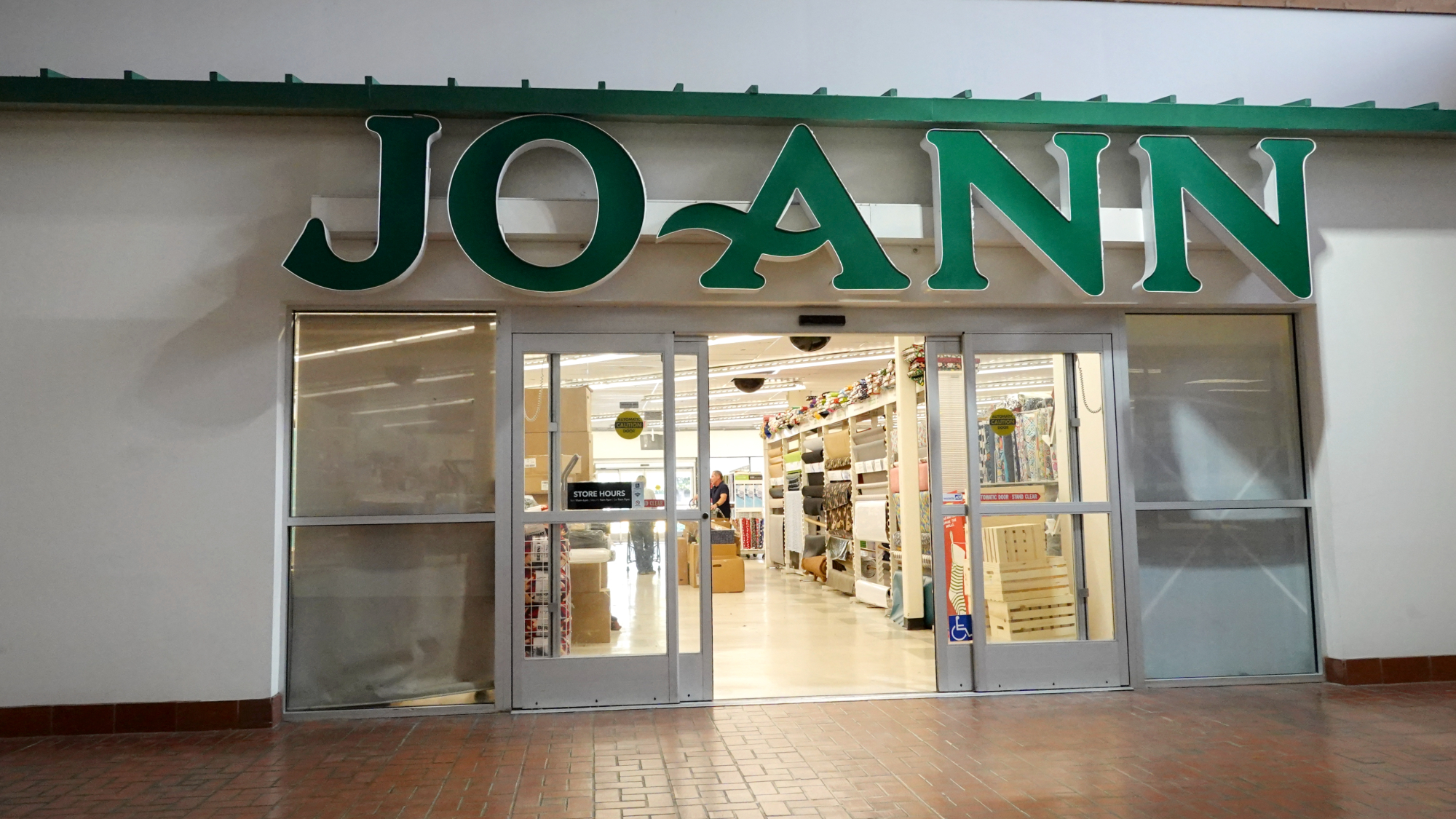 Crafting emporium Joann is going out of business
Crafting emporium Joann is going out of businessSpeed Read The 82-year-old fabric and crafts store will be closing all 800 of its stores
-
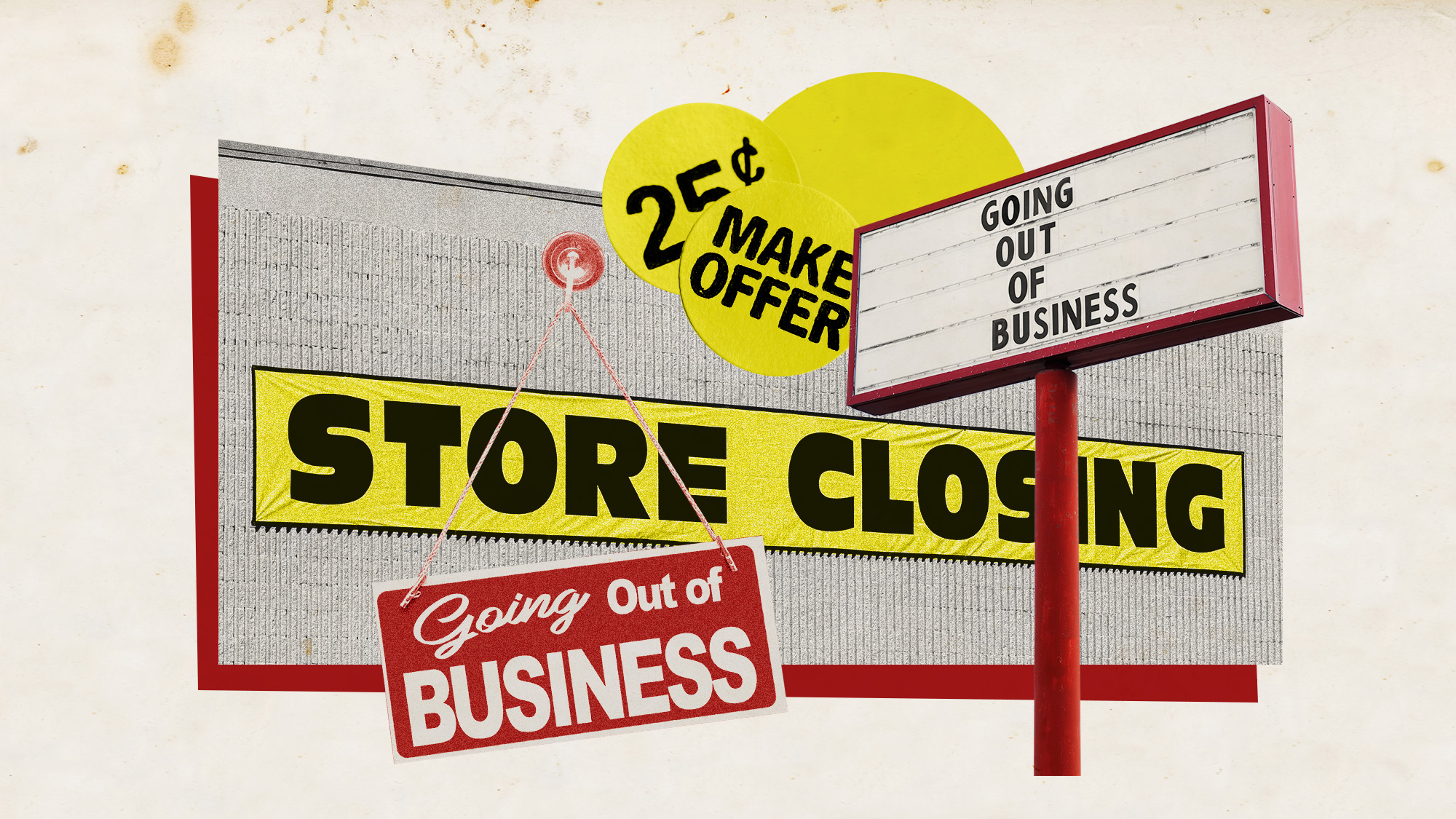 Store closings could accelerate throughout 2025
Store closings could accelerate throughout 2025Under the Radar Major brands like Macy's and Walgreens are continuing to shutter stores
-
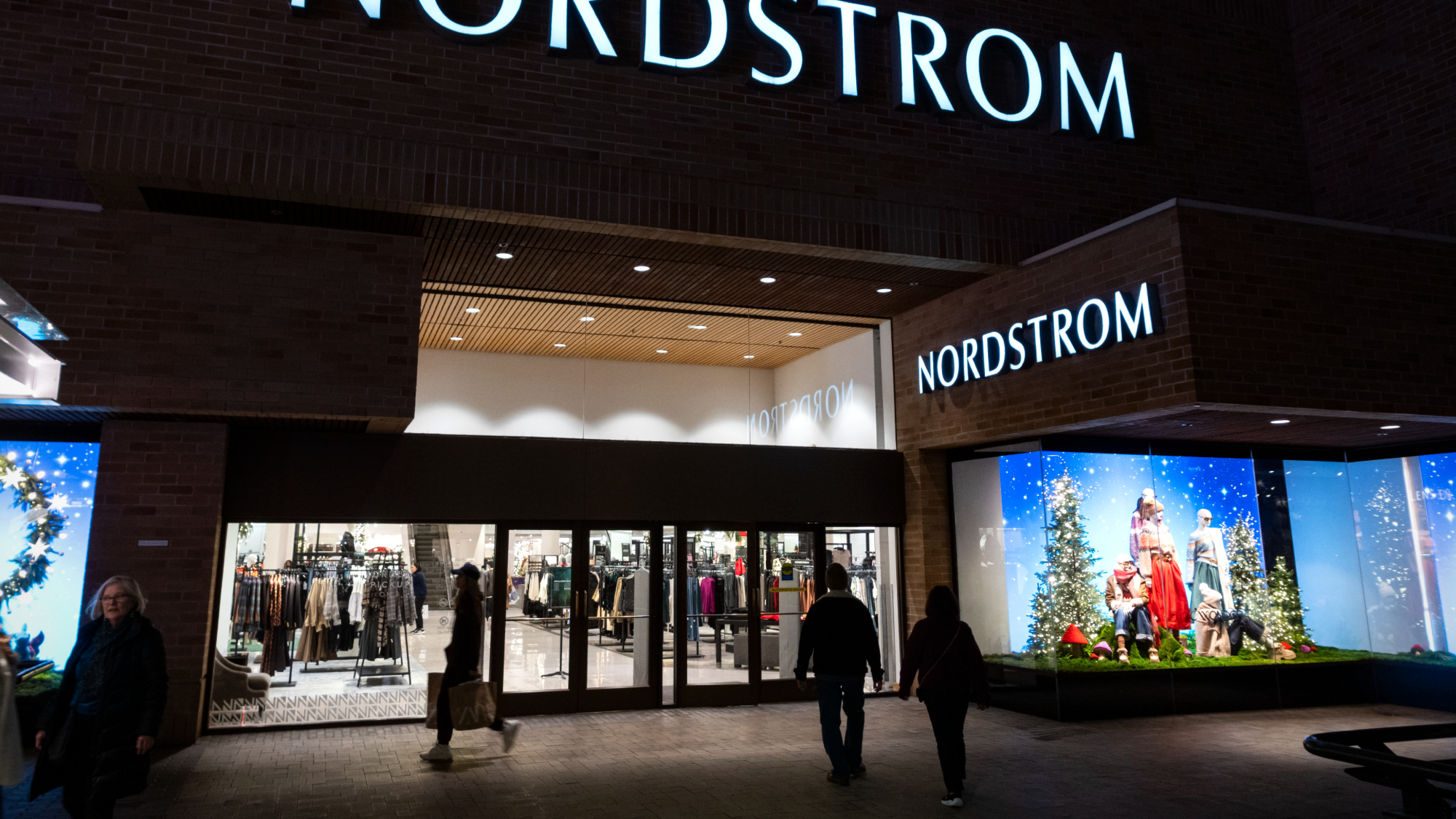 Nordstrom family, investor to take retail chain private
Nordstrom family, investor to take retail chain privateSpeed Read The business will be acquired by members of the family and El Puerto de Liverpool, a Mexican real estate company
-
 Giant TVs are becoming the next big retail commodity
Giant TVs are becoming the next big retail commodityUnder the Radar Some manufacturers are introducing TVs over 8 feet long
-
 The rise and fall of Tupperware
The rise and fall of TupperwareUnder The Radar The byword for food storage has filed for bankruptcy – was it a victim of its own success?
-
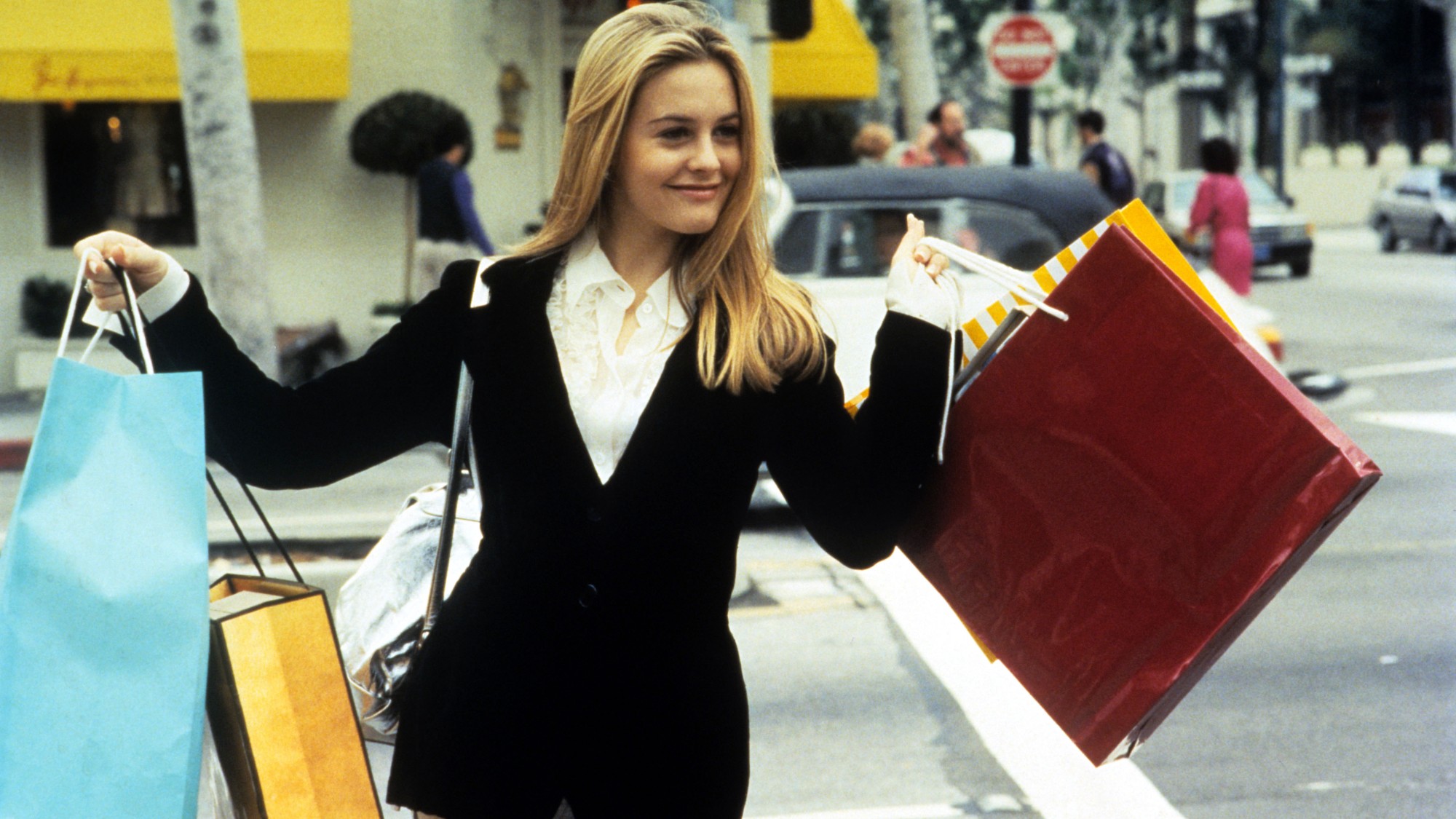 Britain's new retail returns nightmare
Britain's new retail returns nightmareIn the Spotlight Gen Z influencers and a 'poopy diaper' have shown up fault-lines in the system
-
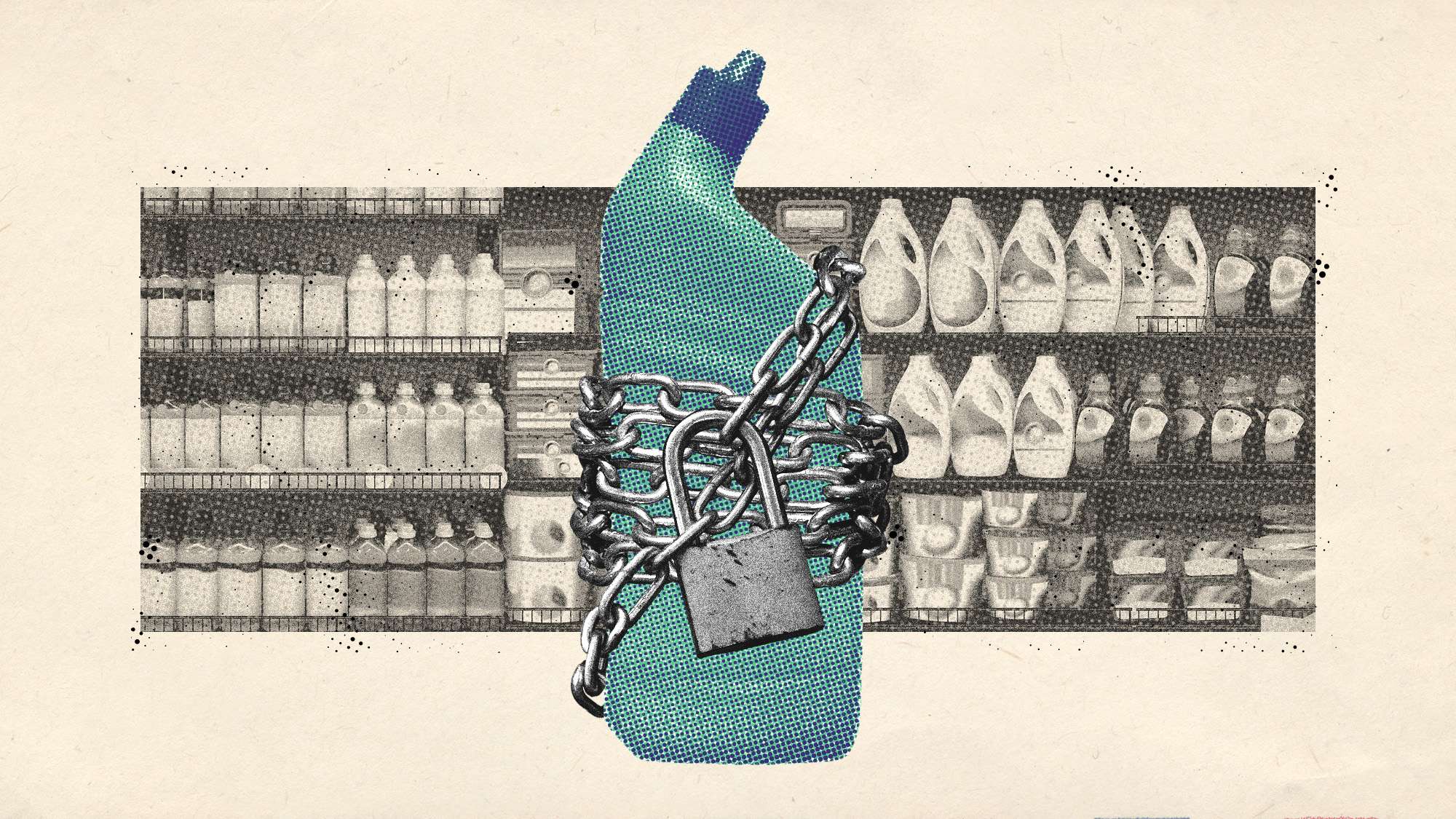 The inconvenience store: Why are shops locking up even more merchandise?
The inconvenience store: Why are shops locking up even more merchandise?Under the Radar You may have noticed a surge in items stowed behind security glass